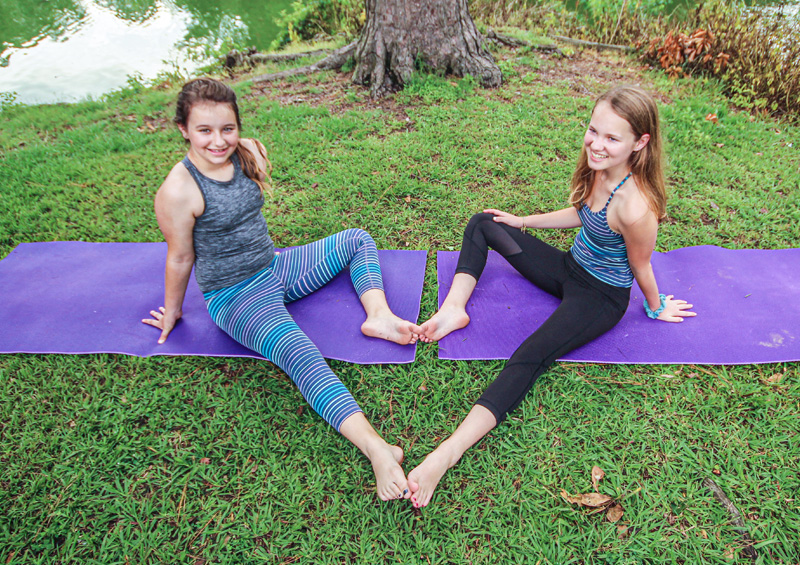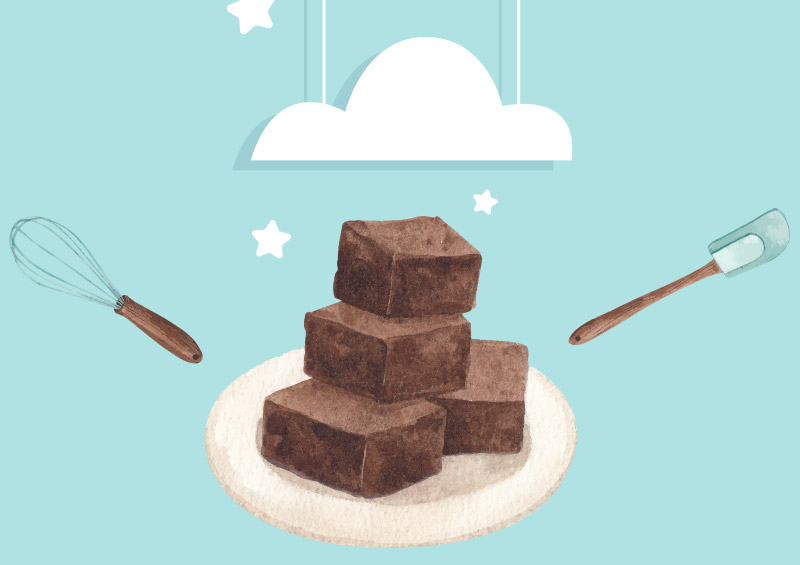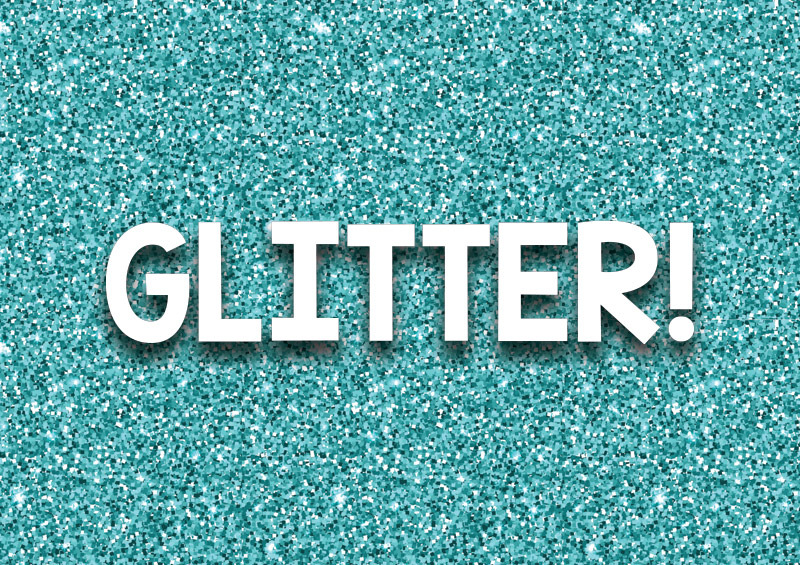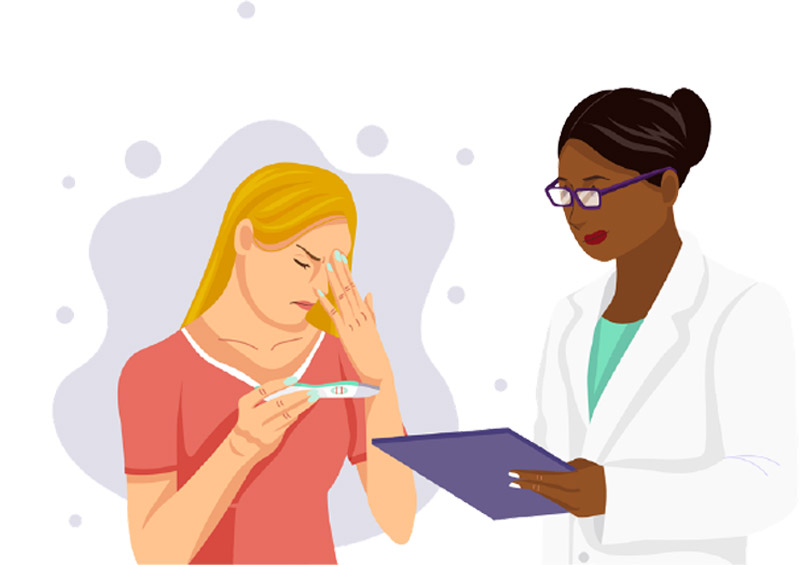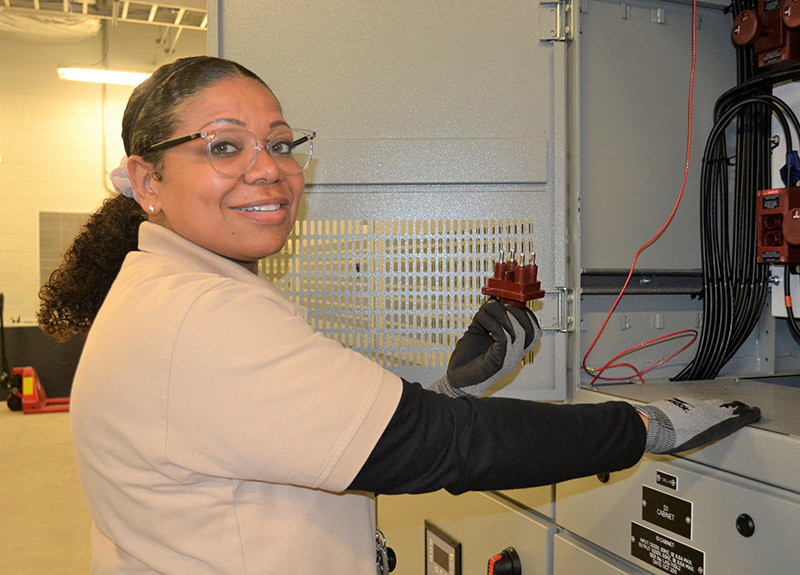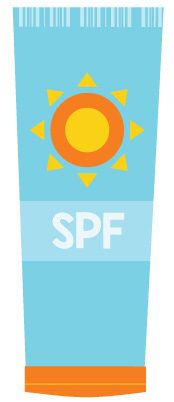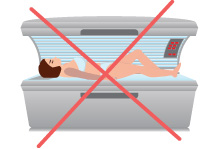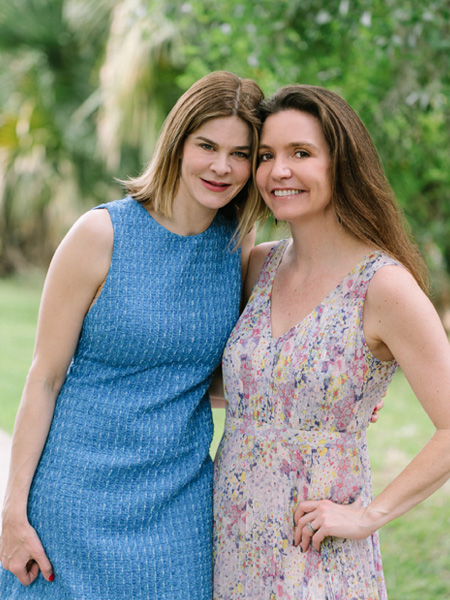Being first and foremost girls, and second dermatologists, skincare and sun protection are very near and dear to our hearts. We love taking good care of our skin and want to share some pointers with you.
You should wear sunscreen daily, especially on your beautiful face! Even if you feel you are “indoors” most of the day, you are still getting sun while walking to and from your house and being outside at school—and you’re even getting sun through windows. We recommend using sunscreen with an SPF (Sun Protection Factor) of at least 30. The SPF advertised on your makeup bottle does not really count towards SPF as it often needs to be caked on to work as a sunscreen. Sunscreen can be worn underneath your makeup like a moisturizer.
Do you think it’s possible to get sunburned on a cloudy, overcast day? YES! It is a common myth that the clouds protect us from the sun. The reality is that clouds do not filter all harmful ultraviolet rays, so it’s important to wear sunscreen every day. It is also important to wear sunscreen if you have dark skin. Darker skin tones contain more melanin, which is the material that creates pigment in the skin, but it only protects a little from the sun (about the same amount as an SPF 13 sunscreen).




